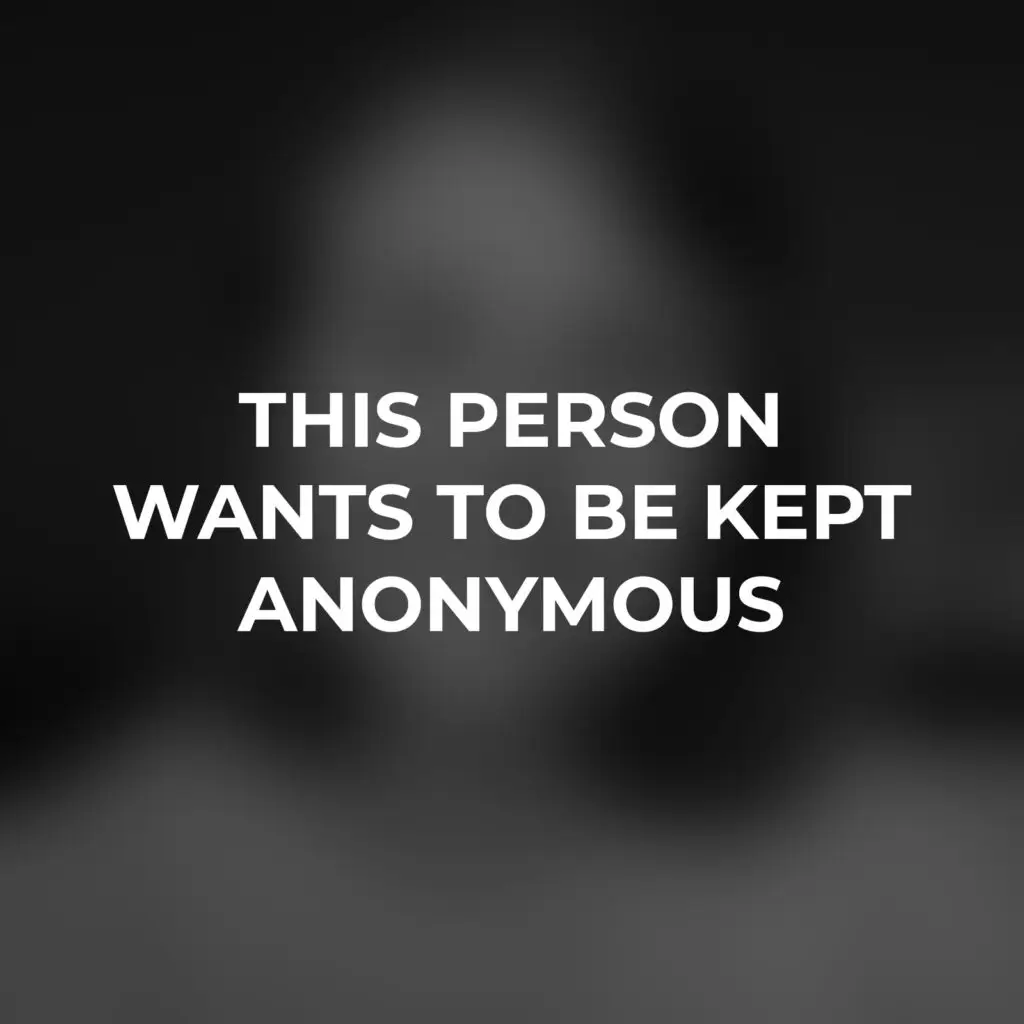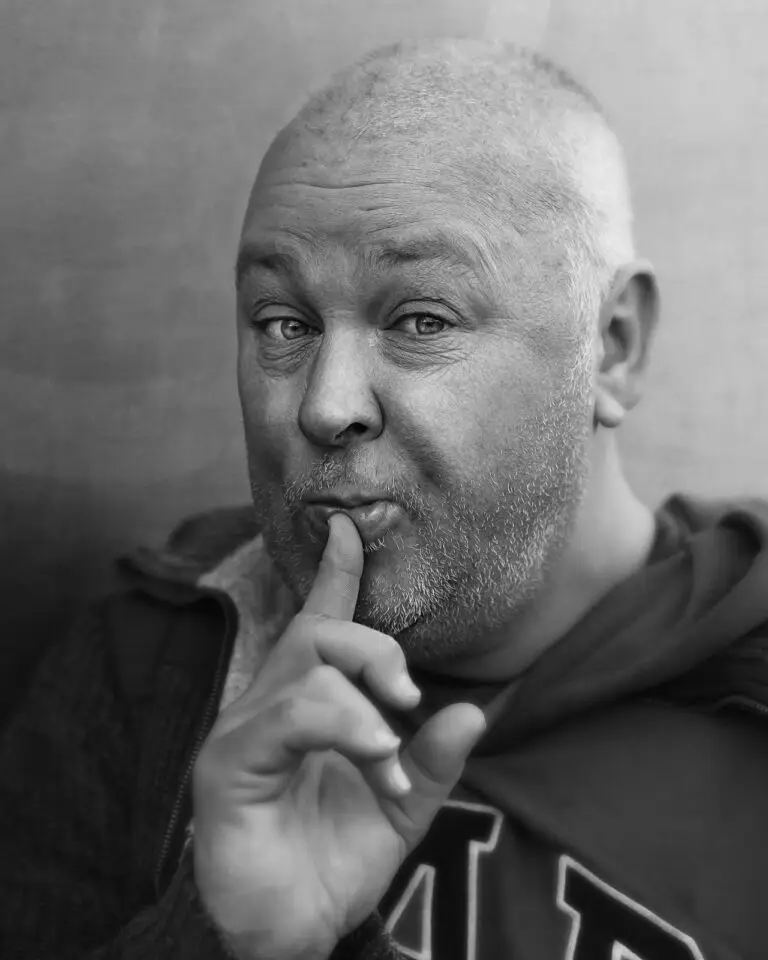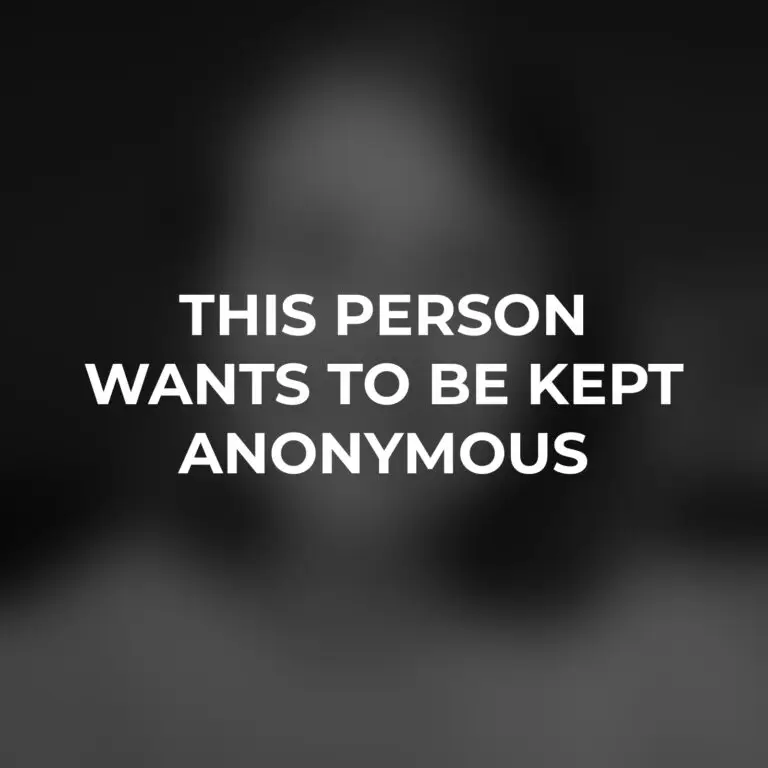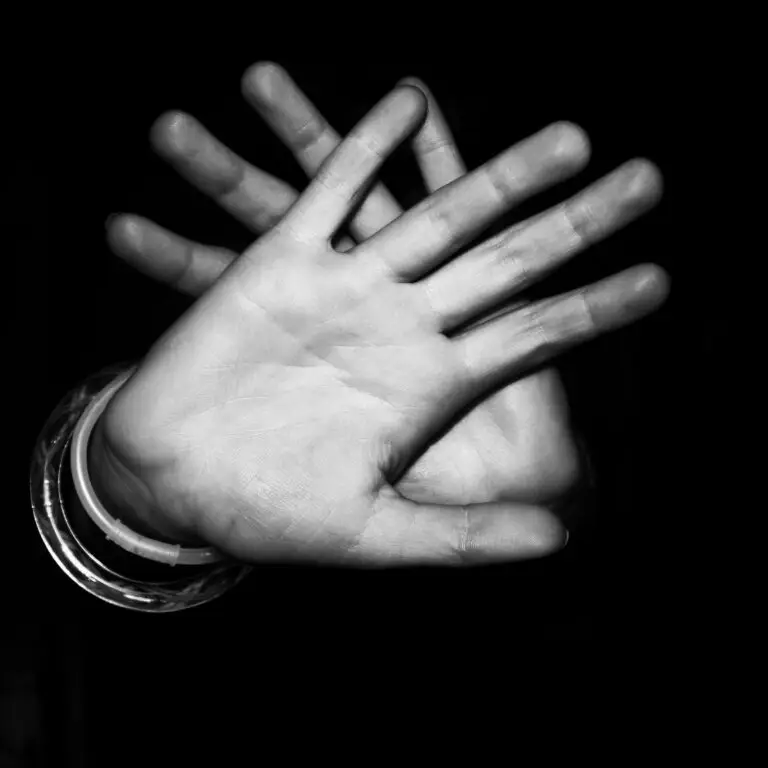I never thought homelessness would be my reality. No one dreams about ending up on the streets, but there I was. It all started with home, a place that was supposed to be my sanctuary but felt like a battlefield. Every day was unpredictable—sometimes quiet and tense, other times loud with shouting, slamming doors, and the kind of words that leave invisible scars. My family was broken, and I was caught in the middle, struggling to survive in a place that didn’t feel safe.
The abuse was constant, but not always in ways that others could see. My parents fought, and when they weren’t fighting each other, they took their anger out on me. The emotional abuse cut deep, but it was the threats, the fear that hung in the air, that pushed me over the edge. I felt like I was suffocating, like I was trapped in a cycle I couldn’t break free from. I thought about running away so many times, but I didn’t have anywhere to go. And I was scared—scared of what would happen if I left, but even more scared of what would happen if I stayed.
The day I finally left was a blur. I don’t even remember packing; I just remember the feeling of my heart pounding in my chest, my hands shaking as I turned the doorknob for what I knew might be the last time. I walked out with nothing but the clothes on my back, my phone, and a few quid in my pocket. I kept walking, not knowing where I was going, just knowing I couldn’t turn back. I remember feeling a mix of panic and a strange sense of relief, like I had broken free from something I couldn’t explain.
But freedom wasn’t what I found. I found fear—a different kind of fear, one that settled deep in my bones. I had nowhere to go, no plan, no safety net. At first, I stayed with friends. I’d crash on a sofa, try to make myself invisible, hoping they wouldn’t get tired of me, hoping I wouldn’t wear out my welcome. But eventually, I did. People have their own problems, their own lives, and I was just another burden, another complication they didn’t need.
I started to feel the weight of being unwanted. I tried to find a place to sleep every night, but it was always uncertain. I remember nights spent in bus stations, on park benches, or in 24-hour McDonald’s, pretending to be a customer until they caught on and kicked me out. I felt so exposed, so vulnerable. I kept looking over my shoulder, scared of every shadow, every noise. The world felt like a hostile place, and I was just trying to survive one more night.
I never realised how quickly you lose yourself out here. How fast you become invisible. People look right through you, like you don’t exist, or worse, they look at you like you’re something to be avoided, something less than human. It’s like they don’t want to see you because seeing you means acknowledging that this could happen to anyone, even them. I stopped recognising myself, too. I didn’t have a mirror most days, but I could feel the changes—the dirt under my nails, the exhaustion that settled in my eyes, the layers of worry on my face.
The hardest part wasn’t just the physical discomfort, the hunger, or the cold. It was the loneliness. The feeling that no one cared, that I had nowhere to belong. I felt abandoned, not just by my family but by the world. I kept thinking, how did it come to this? What did I do to deserve this? I replayed the moments in my head, wondering if there was a sign I missed, a different path I could have taken.
But the truth is, I didn’t choose this. I didn’t choose to grow up in a house filled with conflict, where love felt like a weapon, where every day was a guessing game of whether I’d be hurt or ignored. I didn’t choose the abuse that made me feel small, worthless, like I didn’t matter. And when I finally found the courage to leave, I didn’t choose to end up on the streets. It was just the only option I had.
Every day, I wake up hoping it will get better, that maybe today I’ll find help, find someone who cares, find a way out. But it’s hard to have hope when you feel so worn down. I see the way people look at me when they pass by, some with pity, others with disdain, most just looking away. It’s like I’m a ghost, drifting between places, never really seen.
There’s a voice in my head that keeps telling me to keep going, to not give up, that I’m stronger than this. But there’s another voice, too, one that’s tired, one that’s been through too much, one that’s wondering how much longer I can hold on. Some days, the second voice is louder, and I have to dig deep, find strength in places I didn’t know I had.
I keep trying to find help, to connect with organisations that might understand, that might have a place for someone like me. But it’s not easy. There are waiting lists, rules, and so many barriers. And all the while, I’m still just trying to find a place to sleep tonight, trying to figure out where my next meal will come from.
But I’m still here. I’m still fighting. Because I know I’m more than this situation, more than what happened to me. I’m still holding on to the hope that there’s a way out, that there’s a chance for me to find a place to belong, a place to finally call home. And maybe one day, someone will see me, not just the homeless kid on the street, but the person I really am, the person I could become if given a chance.



